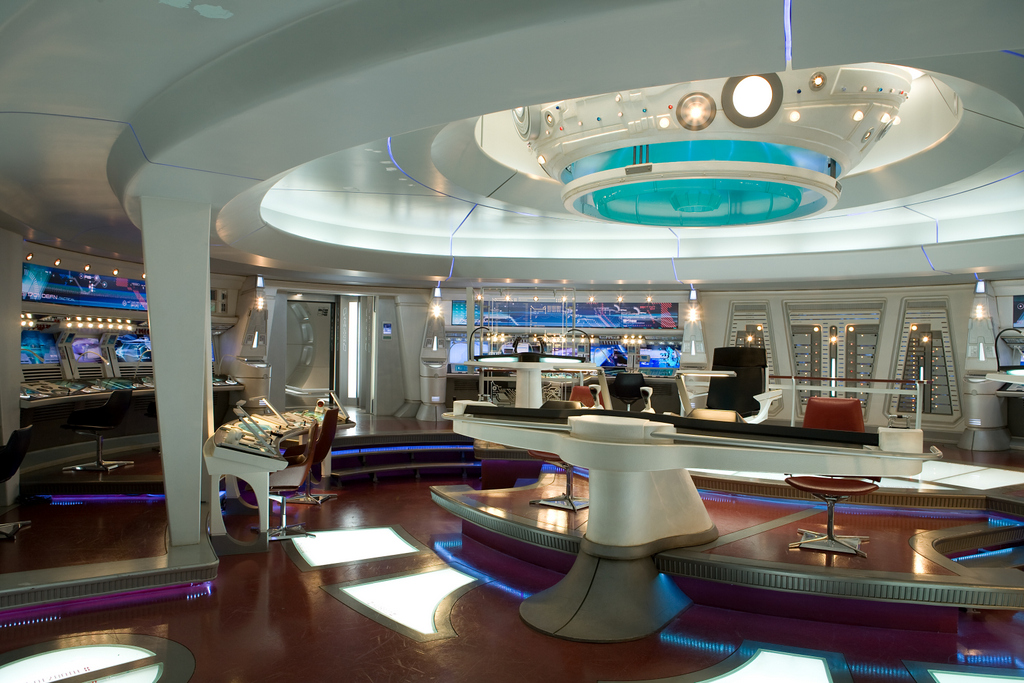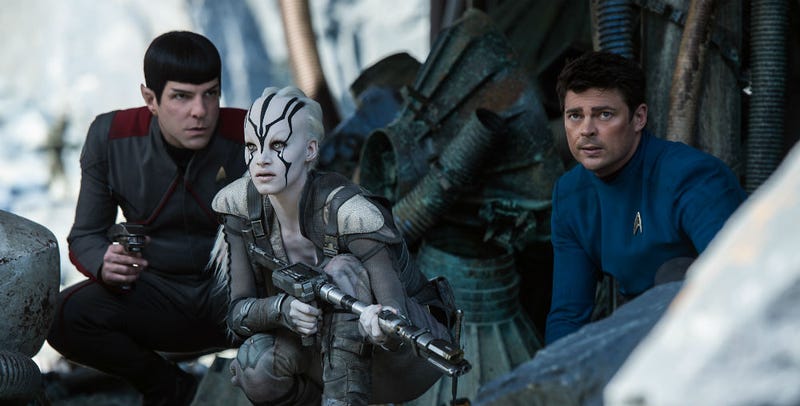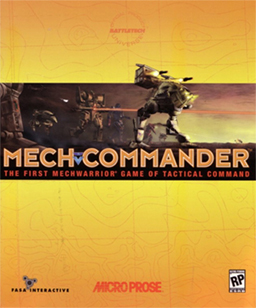Late last year I had the pleasure of working in the York warehouse of Gear4music, which in the interests of full disclosure I was terminated from after a paltry four days. It was, suffice as to say, an unsuccessful foray into the music business and likely to be my last. However, rather than composing a melody to make Bach weep or rhyme in the vein of Biggie or Tupac, my duties were significantly more pedestrian. I was a cleaner, a job which I have fallen back on over the years in times of financial difficulty and will likely do so again in the future. I state the reality of my firing up front to make one thing clear, that technically I deserved it and put up no fight to the contrary. If anything, I was relieved beyond measure to be freed from a purgatory that responsibility required me to maintain.
Firstly, let us start at the end. It involved my boots
jauntily placed on the sink in a position of faux relaxation and the untimely
entrance of a higher up. We shall call him Mr Green. By this point in my career
I had interacted once with Mr. Green, an interaction which culminated in him
snapping at me after I stated an innocuous fact regarding my start time. He did
this in full view of another managerial type, who I can only assume was either
desensitised or of similar mind on how one treats those so far below them. By
the time of Mr. Green’s arrival, I and a colleague had been in the building
around twenty minutes, I’d organised a cleaning cart and all round dragged my
feet a little as the weariness of a 14.20 to 23.00 shift took shape in my mind.
Mr. Green’s unfortunate entrance, therefore, did not paint me in a good light
and I attempted a boyish smile which probably came off smugger than intended. The
situation was not at this point anything to be concerned about. It could still
have been dealt with by a laugh and a, “Get to work you two.”
Instead, Mr. Green took a slightly different tact by
aggressively demanding why we were still sat down? Now, it is important at this
juncture to highlight the fact that we had no direct superior, the position of
Facilities Manager having been vacant since before the pandemic. Instead, from
what I understood, a tug of war had developed between various middle managers
to assert their authority. This had been broken by the deployment of Mr. Blue,
a head office fellow who knew little to nothing about the realities of cleaning
but now delineated a clearer command structure. I stated that I was waiting for
my colleague to put on his boots before heading out, which earned what would
have been a not unfair reproach had it not been for the continued aggressive
tone. It was at this point that, for a moment, I forgot where I was. You see, I
am typically a very patient person and can stand a fair bit of disrespect and
rudeness, but whether it was the obvious contempt in Mr. Green’s voice or just
not my day, that particular character trait alluded me for a microsecond. I got
to my feet in a fit of pique and as quickly as that flash of anger had seized
me, it receded into irritation resulting in a snapped half salute and a, “Yes
sir.” It was a stupid thing to do and from then on, I knew I was likely
finished. Mr. Green complained to Mr. Blue and I was dismissed, allegedly
postponing a very important meeting in the process due to the level of my insubordination.
You might be reading this and thinking I got what I deserved, and you might be right. However, outside of this episode it is not inaccurate to say that those four days rank as the worst of my working career. Firstly, the atmosphere of the entire warehouse was one of oppressive misery. Two other cleaners were let go in my short tenure, one of which stemmed from a mismanaged rota and on the warehouse floor itself retention was a mythical word which cursed only the unluckiest of lifers. While going about my business I would witness only sporadic conversation and break times in the kitchen bordered on the eerie, with utter silence the norm punctuated by stilted laughter. It is also true that not once did I come across someone with a positive word to say about the company outside of the management, with depression or outright hatred being the most commonly expressed sentiments. Nor did I receive or see any praise doled out, even the most perfunctory, “Well done,” proving tabooer than your average racial slur. Combined with the heat, which topped 28.5° in the kitchen and well over 32° in the upper warehouse during the hot summer days, the analogies to hell seem borderline cartoonish.
None of this detracts from Gear4music being a very
successful company, of course. As one of its websites proudly announces, it ‘is
the largest retailer of musical instruments and music equipment in the UK.’ It
has also seen a 100% growth in revenue from 2013, netting £120 million in 2020
alone. However, to be a successful company does not necessarily mean to be a
pleasant one. Instead, it is easier to buy a veneer of morality as the company
seems to through its charitable contributions. To conclude, I would say I
should have known better but also much more importantly, so should Gear4Music. Their
treatment of their workers is more than negligent and instead veers towards the
despicable, with their focus on fast turn around and the prompt delivery we all
enjoy, rendering them callous to the unhappiness they cause. In case you are still
thinking this is just a bitter former employee venting his spleen, I would like
to point you to the reaction of Mr. Blue when I informed him of Mr. Green’s
behaviour. He told me that being in a position of authority can result in some
managers treating others badly and left it at that. I was stunned by the
admission and then even more so by the fact that he did not express a modicum
of sympathy, instead seeing within his explanation all the justification for
what had happened. After I had left, I wondered whether they had both started
out that way and helped to build the company in their image, or slowly succumbed
over time? In any case, the answer won’t help the people still working for
Gear4Music and I’m happy to have escaped with only the loss of a few days and
not whatever counts for my soul.


















